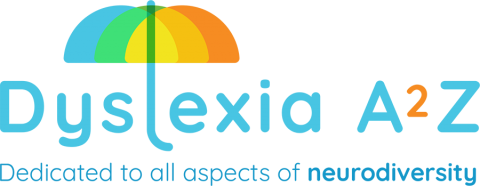The Equality Act (EA) 2010 has replaced the Disability Discrimination Act (DDA).
All discrimination issues concerning dyslexia are covered under this single Act.
The Equality Act (EA) 2010 & Dyslexia
Under the Equality Act (EA) 2010, it is unlawful to treat a disabled customer’s or employee’s application for employment less favourably because of their disability without justification. This includes neurodivergent individuals, ensuring they are protected from discrimination and have equal opportunities in the workplace and educational institutions.
Many people with dyslexia or other specific learning difficulties (SpLDs) do not consider themselves disabled. However, disability takes many forms, and individuals with dyslexia often face unfair treatment in various areas of everyday life, including education, employment, and access to services.
Responsibilities of Employers, Businesses, and Educational Institutions
Under the Equality Act (EA) 2010, all businesses, employers, further education departments, and schools must make reasonable adjustments to accommodate customers, students, and employees with dyslexia and other neurodiverse conditions. Reasonable adjustments may include:
- Providing assistive technology, such as speech-to-text software
- Offering additional time for tasks and assessments
- Adjusting communication methods to suit individual needs
- Providing alternative formats for written materials
- The only exemption to this requirement in the UK is the armed forces.
Dyslexia and Legal Recognition
Severe dyslexia is explicitly mentioned in several sections of the Code of Practice and fits the legal definition of disability under the Equality Act (EA) 2010. This means that individuals with dyslexia who experience significant difficulties in daily activities are entitled to legal protection and support.
Employers and institutions that fail to provide reasonable adjustments could face legal consequences, including fines and reputational damage. Awareness and understanding of neurodiversity are crucial in ensuring an inclusive and supportive environment for all.
For further information on dyslexia and the Equality Act (EA) 2010, visit GovUK.

